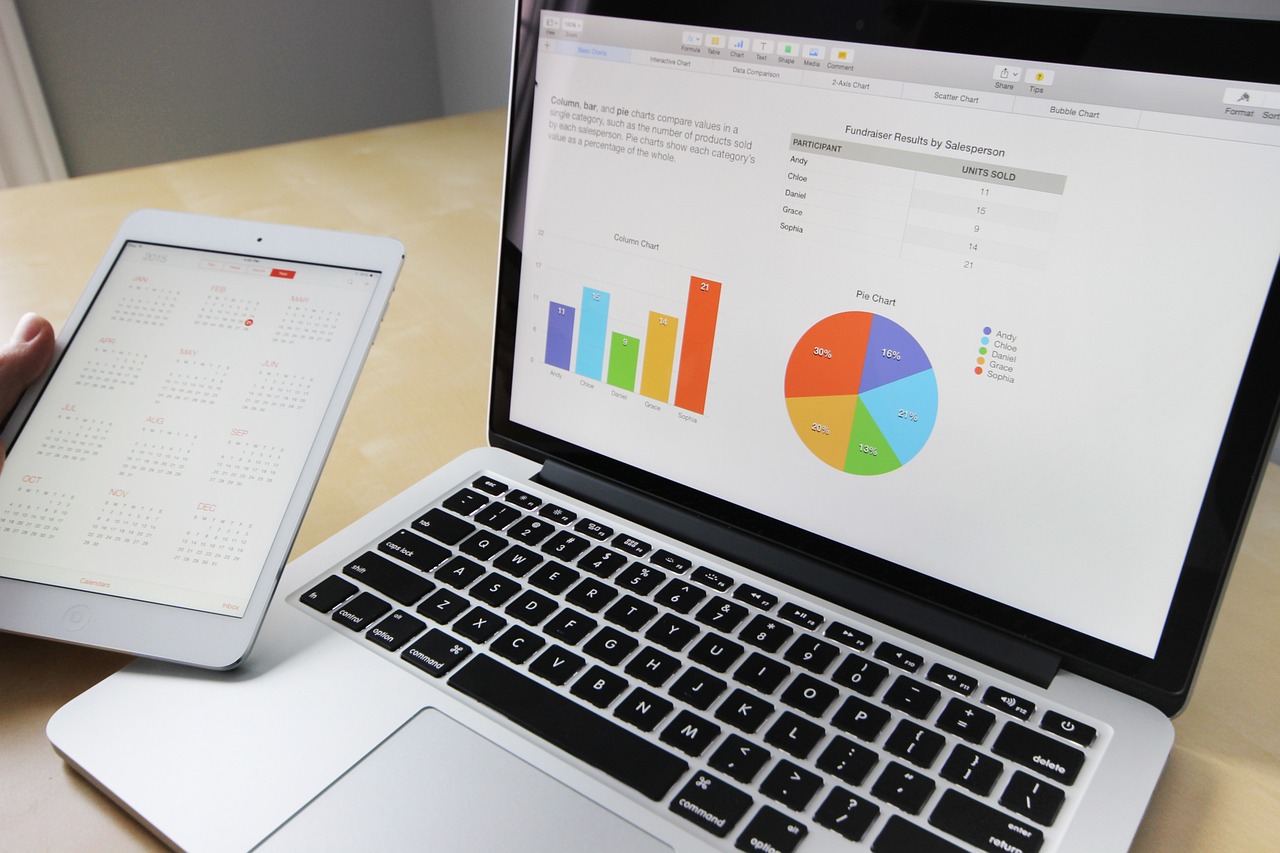In the era of big data, the availability of open data sources has revolutionized the way researchers, businesses, and policymakers approach data-driven decision-making. Open data is the practice of making data available to the public without any restrictions or limitations on its use, distribution, or reuse. Open data sources can include a wide range of information, from government statistics to private sector data sets, and can be used for a variety of purposes, including research, planning, and innovation.
The use of open data has grown in popularity in recent years due to the rise of data-driven decision-making and the availability of powerful data analytics tools. With open data sources, researchers and businesses can access large amounts of data from multiple sources, enabling them to identify patterns and trends that might not be visible from a single source alone. Additionally, open data sources can help policymakers make informed decisions and improve public services by providing access to relevant and up-to-date data.
In this article, we’ll take a closer look at 10 of the best open data sources available today. We’ll explore what each platform has to offer, the types of data available, and how to access the data.
10 Best Open Data Sources
1. Data.gov
2. Google Trends
3. OpenStreetMap
4. UN Data
5. Kaggle
6. World Bank Open Data
7. Open Data Network
8. GitHub
9. Eurostat
10. OpenDataSoft
Let’s understand more about each of the sources mentioned above.
1. Data.gov
Data.gov is a website managed by the U.S. government, which provides access to a wide range of open data sets across multiple industries. This platform aims to promote transparency and encourage innovation by providing free and open access to government data.
Data.gov provides a wide range of data sets, from health and education to energy and finance. For example, you can find data on Medicare payments, air pollution trends, and crime statistics. The data is available in multiple formats, including CSV, XLSX, and JSON, and is easily searchable through the website’s filters.
Access Data.gov at https://www.data.gov/
2. Google Trends
Google Trends is a free tool that provides insights into the popularity of specific search terms across time and regions. This tool can be particularly useful for businesses to understand consumer behavior, identify trends, and optimize marketing strategies.
Google Trends provides data on search volume and interest over time, as well as related topics and queries. For example, you can track the popularity of a specific product or brand, compare the popularity of two or more search terms, or explore the most common queries related to a specific topic.
Access Google Trends at https://trends.google.com/
3. OpenStreetMap
OpenStreetMap is a collaborative project that provides free and open geographic data, including maps and geographical information. This platform is particularly useful for businesses and researchers who need access to high-quality geographic data but don’t want to pay for expensive commercial mapping services.
OpenStreetMap provides data on streets, buildings, and points of interest, as well as more detailed data such as land use and transportation networks. For example, you can use OpenStreetMap to explore the best routes for cycling or driving, or to analyze the distribution of businesses in a specific area.
Access OpenStreetMap at https://www.openstreetmap.org/
4. UN Data
UN Data is a platform that provides access to a wide range of statistical data and publications from the United Nations. This platform is particularly useful for researchers and policymakers who need access to high-quality data on global development and humanitarian issues.
UN Data provides data on a wide range of topics, including agriculture, health, education, and population. For example, you can find data on global poverty rates, maternal mortality, and refugee populations. The data is available in multiple formats, including Excel and CSV, and can be easily searched and filtered.
Access UN Data at https://data.un.org/
5. Kaggle
Kaggle is a platform for data scientists and machine learning enthusiasts to share and collaborate on datasets and competitions. This platform is particularly useful for businesses and researchers who need access to high-quality data sets and want to collaborate with other data scientists.
Kaggle provides data sets on a wide range of topics, from climate change to social media sentiment analysis. For example, you can find data sets on the housing market, COVID-19 vaccination rates, and customer churn. The platform also hosts competitions that allow data scientists to compete and collaborate on specific data-driven challenges.
Access Kaggle at https://www.kaggle.com/datasets
6. World Bank Open Data
The World Bank Open Data portal provides access to a wide range of data on global development, including poverty, health, education, and finance. This platform is particularly useful for researchers and policymakers who need access to high-quality data on global development issues.
World Bank Open Data provides data on a wide range of topics, from gross domestic product (GDP) to gender equality. For example, you can find data on maternal mortality rates, access to clean water, and national debt. The platform also includes a range of data visualizations and tools to help you explore the data.
Access World Bank Open Data at https://data.worldbank.org/
7. Open Data Network
The Open Data Network is a platform that aggregates open data sets from a variety of sources, including government agencies, non-profits, and private organizations. This platform aims to make it easier for researchers, businesses, and citizens to access and explore open data from multiple sources in one place.
Open Data Network provides data on a wide range of topics, including education, transportation, and health. For example, you can find data on high school graduation rates, public transit schedules, and hospital quality measures. The platform also includes a range of data visualizations and tools to help you explore the data.
Access Open Data Network at https://www.opendatanetwork.com/
8. GitHub
GitHub is a web-based platform that provides access to a wide range of open source software and datasets. This platform is particularly useful for developers and data scientists who need access to high-quality code and data sets.
GitHub provides data sets on a wide range of topics, from climate change to natural language processing. For example, you can find data sets on COVID-19 vaccination rates, climate change projections, and facial recognition algorithms. The platform also includes tools for collaborating on open source projects and for version control.
Access GitHub at https://github.com/
9. Eurostat
Eurostat is a platform managed by the European Union, which provides access to a wide range of statistical data on the European Union and its member states. This platform is particularly useful for researchers and policymakers who need access to high-quality data on the European Union and its member states.
Eurostat provides data on a wide range of topics, including demographics, health, and economics. For example, you can find data on the unemployment rate, energy consumption, and education attainment. The platform also includes a range of data visualizations and tools to help you explore the data.
Access Eurostat at https://ec.europa.eu/eurostat/data/database
10. OpenDataSoft
OpenDataSoft is a platform that provides access to a wide range of open data sets from public and private organizations around the world. This platform is particularly useful for businesses and researchers who need access to high-quality data sets and want to collaborate with other data scientists.
OpenDataSoft provides data sets on a wide range of topics, including transportation, environment, and public safety. For example, you can find data sets on traffic congestion, air quality, and crime rates. The platform also includes tools for collaborating on data-driven projects and for creating custom data visualizations.
Access OpenDataSoft at https://www.opendatasoft.com/
Final Thoughts
Open data sources have transformed the way we approach data-driven decision-making. With the availability of high-quality data from multiple sources, researchers, businesses, and policymakers can make informed decisions and drive innovation in their fields. The 10 open data sources we’ve explored in this article provide access to a wide range of data on a variety of topics, from demographics to economics and beyond.
Whether you’re a data scientist looking for high-quality data sets, a policymaker seeking to improve public services, or a business owner looking to make data-driven decisions, these open data sources provide a wealth of information at your fingertips. So why not explore these platforms today and see what insights you can uncover?

 How Netflix Uses AI to Revolutionize Streaming Industry
How Netflix Uses AI to Revolutionize Streaming Industry